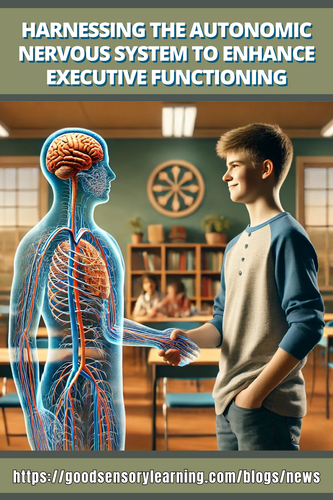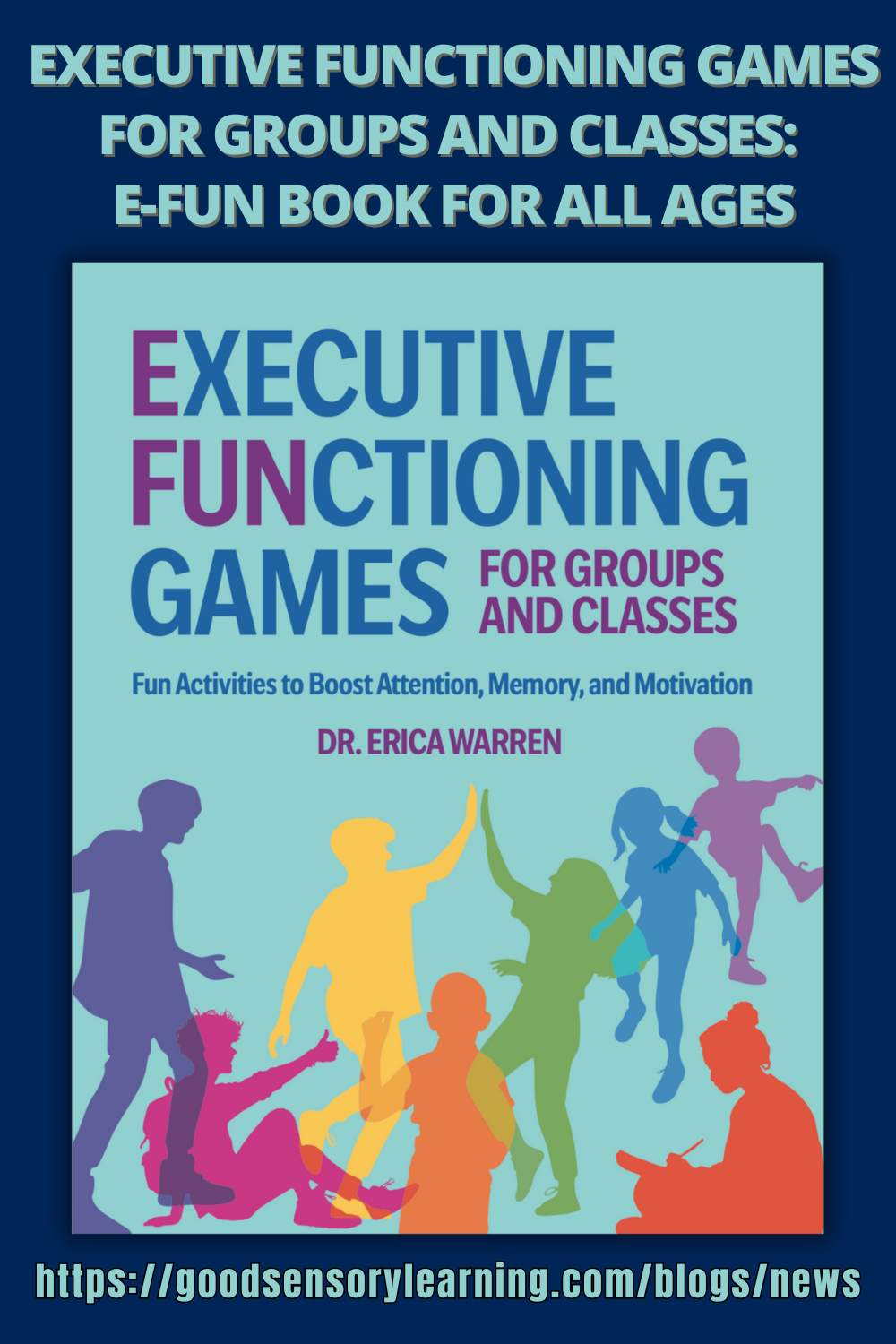Executive Function Coaching for Adults: Why It’s Not Just for Kids
When most people hear the term executive functioning, they think of school-age children with ADHD or learning challenges. But here’s the truth: executive functioning isn’t just a childhood concern. It’s a set of lifelong mental skills that many adults quietly struggle with every day.

You may find yourself saying:
“I know what I need to do… so why can’t I get myself to do it?”
Whether you’re forgetting appointments, putting off important tasks, or feeling mentally overloaded, these aren’t just personality quirks or bad habits. They may be signs of executive functioning challenges—something far more common in adulthood than most people realize.
What Are Executive Functions and How Do They Show Up in Adults?
Executive functions are the brain’s self-management system. They help you plan, focus, remember, regulate emotions, think creatively, and self-initiate tasks. When these processes aren’t working efficiently, everyday tasks can feel harder than they should.
You might:
- Constantly procrastinate, even on things you want to do
- Feel overwhelmed managing tasks and time
- Miss deadlines or forget key responsibilities
- Have difficulty transitioning between tasks or shifting gears mentally
- Struggle with emotional regulation or motivation
These are all signs that your executive function might need support, not judgment.
Why Executive Functions Feel Harder With Age (and Our Phones Aren’t Helping)
- Here’s something most people don’t realize:
- Executive functions don’t fully develop until around age 25.
- They often begin to decline gradually, starting around age 55.
If you are feeling like things are harder than they used to be, there’s a neurological reason. But biology isn’t the only factor at play.
Let’s talk about the elephant in everyone’s pocket: the smartphone.
Tech companies have spent millions, if not billions, studying how to keep our attention hooked. These tools were designed to distract us. And that has consequences:
- Notifications fragment our focus and working memory
- Social media algorithms hijack our attention spans
- The constant pull of content keeps us from planning or reflecting
- Dopamine loops encourage impulsivity over long-term thinking
Over time, these patterns can nurture executive dysfunction, weakening our ability to regulate behavior, manage time, and follow through. And because the impact is subtle, we often blame ourselves instead of recognizing the systems we’re navigating.
Here's good news. With the right awareness and strategies, you can retrain your attention and build a more intentional relationship with your time and energy.
What Coaching Looks Like for Adults
Executive functioning coaching is not about trying harder. It’s about making tasks easier and more manageable. It’s a practical, compassionate, and personalized approach to understanding how your brain works and building systems that support you.
Coaching can help adults:
- Create and stick to routines
- Develop realistic goals and follow-through strategies
- Build tools for emotional regulation and stress management
- Strengthen working memory and self-talk
- Use techniques like time-blocking, habit stacking, and visual planning
- Rewire unhelpful patterns using methods such as EFT (Emotional Freedom Technique) or Internal Family Systems-inspired strategies
It’s about designing a life that works for your brain, not against it.
A Real-Life Transformation
One of my clients, a busy mother and small business owner in her forties, described herself as “organized chaos.” She was constantly overwhelmed by the mental load of home and work life. Through executive functioning coaching, we developed simple systems to offload her working memory and structure her day. She said:
“I finally feel like I have space to breathe. I’m getting more done, and I’m not so hard on myself anymore.”
Want to Explore More? Check Out My Free Podcast
If you’re curious to learn more about executive functioning in adulthood, I invite you to listen to my podcast: The Executive Function Brain Trainer Podcast
In each episode, Darius Namdaran and I explore:
- How executive functions impact adult life
- Simple strategies to increase focus, planning, and emotional regulation
- Real conversations that normalize these struggles and offer solutions
Whether you’re navigating ADHD, burnout, or just trying to regain your sense of control, this podcast is a great place to start.
You’re Not Alone. You’re Just Ready.
If anything in this post resonated with you, know that you’re not broken, and you’re not alone. You may simply be ready to understand your brain, reclaim your time, and move through life with more clarity and ease.
And if you're interested in personalized support, I offer one-to-one executive functioning coaching for adults at Drop Into Your Best Self. When you’re ready, I’ll be here to help you reconnect with your natural flow and drop into the version of yourself that feels balanced, grounded, and empowered.
Read other blogs on Executive Functions! CLICK HERE
Cheers, Erica
Dr. Erica Warren is the author, illustrator, and publisher of multisensory educational materials at Good Sensory Learning. She is also the director of Learning to Learn and Learning Specialist Courses.
- Blog: https://goodsensorylearning.com/blogs/news
- YouTube Channel: https://www.youtube.com/user/warrenerica1
- Executive Function Podcast: https://goodsensorylearning.com/pages/the-personal-brain-trainer-podcast-with-dr-erica-warren
- Store: http://www.Goodsensorylearning.com/
- Courses: http://www.learningspecialistcourses.com/
- Newsletter Sign-up: https://good-sensory-learning.kit.com/drericawarren



Leave a comment
This site is protected by hCaptcha and the hCaptcha Privacy Policy and Terms of Service apply.